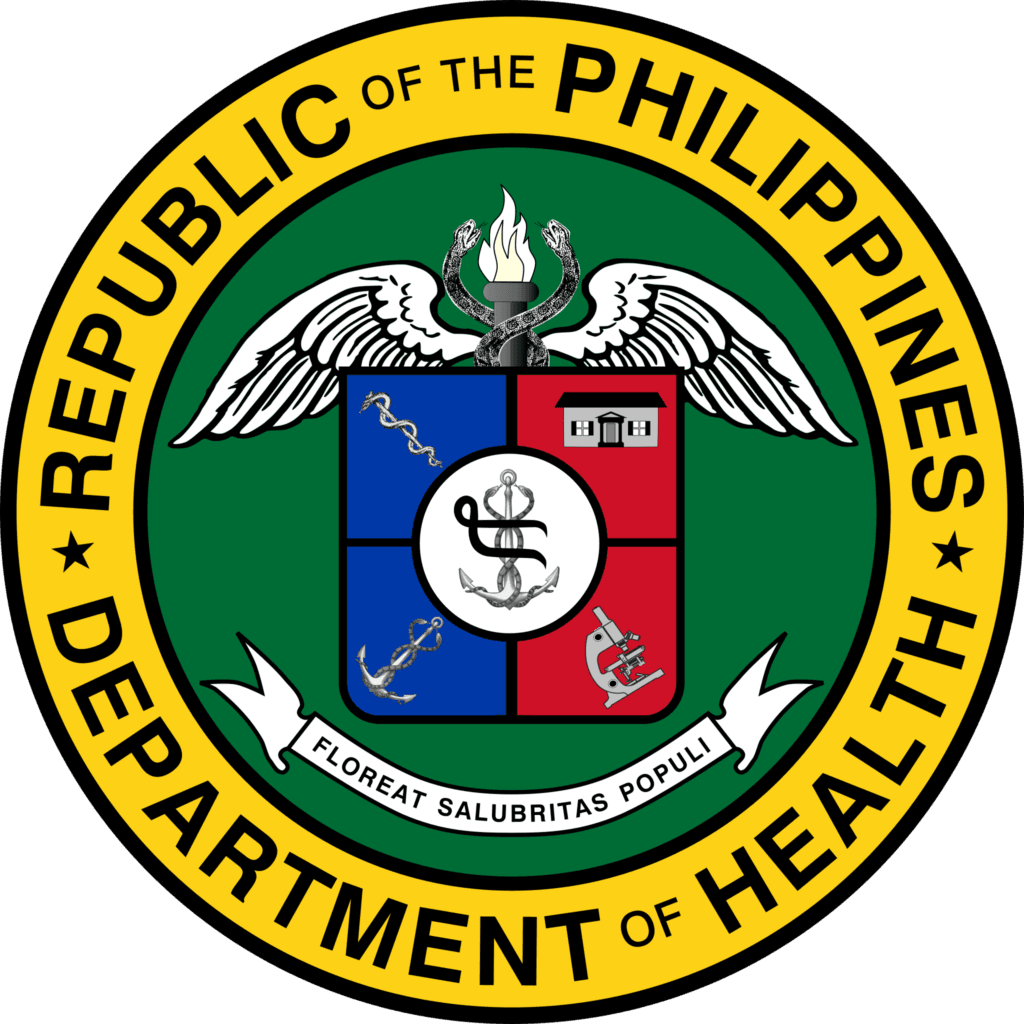Recently, conversations about mental health, addiction, and suicide have become more open yet millions of people still suffer in silence. These issues are deeply interconnected, often feeding into one another, and they can affect anyone regardless of age, gender, or background. Dealing with them requires empathy, understanding, and access to proper support. This article explores how individuals and communities can address mental health struggles, addiction, and suicide and how healing is always possible with the right help.
Mental health is the foundation of emotional and psychological well-being. When we struggle with mental health issues such as depression, anxiety, or trauma, it can feel impossible to function normally. The first step in dealing with these challenges is recognition understanding that it’s okay not to be okay.
Some common symptoms of mental distress include:
Constant sadness, worry, or irritability
Loss of interest in activities
Difficulty sleeping, eating, or concentrating
Withdrawal from friends and family
Feelings of hopelessness or worthlessness
Recognizing these warning signs early allows individuals to seek help before the condition worsens.
Mental health professionals such as psychologists, counselors, or psychiatrists can offer treatment through therapy or medication. Cognitive Behavioral Therapy (CBT) and other forms of counseling help people manage negative thoughts and emotions effectively. When therapy isn’t accessible, support groups, school counselors, and online mental health resources can also provide a safe space for healing.
Practicing health coping strategies and managing stress through mindfulness, exercise, creative outlets, and balanced routines can greatly improve mental health. Building a strong support system whether family, friends, or community provides the connection and reassurance that no one has to struggle alone.
Addiction is one of the most misunderstood health conditions in society. It’s not a moral weakness or lack of willpower it’s a chronic brain disease that affects decision-making and self-control. Addiction can involve substances like alcohol and drugs, or behaviors like gambling, gaming, or shopping.
Many people use substances or harmful behaviors to cope with pain, trauma, or stress. Unfortunately, this temporary escape can evolve into dependence. Recognizing addiction as a medical condition not a choice is essential for compassionate care and recovery.
Treatment for addiction often includes:
Detoxification to safely manage withdrawal
Rehabilitation programs (inpatient or outpatient)
Therapy to address underlying emotional issues
Medication-Assisted Treatment (MAT) for opioid or alcohol dependence
Peer support groups like Alcoholics Anonymous (AA) or SMART Recovery
Recovery from addiction is a lifelong process. It requires commitment, patience, and ongoing support, but countless people have rebuilt their lives after addiction with the right help.
Preventing suicide and supporting those at risk remains one of the leading causes of death worldwide a heartbreaking reminder of the pain that too many people carry alone. Yet suicide is preventable, and help is always available.
Someone may be at risk if they:
Talk about wanting to die or feeling hopeless
Withdraw from others
Give away possessions or say goodbye
Experience extreme mood swings
Suddenly appear calm after a long period of sadness
Start Your Journey to True Wellness Today!
Join our healing community for expert tips, mental health insights, and wellness inspiration. Sign up now for a calmer, healthier you!
What to Do
If you or someone you know is struggling with suicidal thoughts:
Talk about it openly. Asking “Are you thinking about suicide?” shows care and may help save a life.
Stay with the person or make sure they are not left alone if there’s immediate danger.
Remove harmful objects or substances that could be used for self-harm.
Seek professional help contact emergency services, a crisis line, or a trusted friend.
Dealing with mental health challenges, addiction, or suicidal thoughts is not easy but it is possible. Healing begins with acceptance and connection. No one should suffer in silence, and no one should face recovery alone.
Here are key steps to support ongoing recovery:
Create a support network of trusted friends, family, or mentors.
Practice self-compassion progress is never linear.
Stick to treatment and follow through with therapy or medication.
Focus on purpose and meaning through volunteering, hobbies, or faith.
Healing doesn’t happen overnight, but each step forward no matter how small is a victory.



